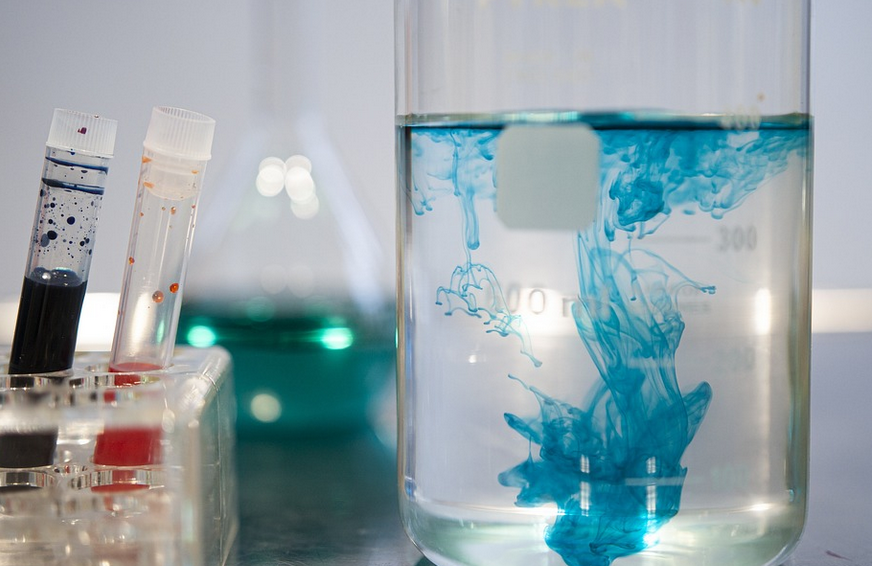Introduction
Have you ever experienced digestive problems after consuming dairy products? Lactose intolerance is a common issue that affects many people worldwide. It occurs when the small intestine is unable to absorb lactose, a type of sugar found in milk and dairy products. This article will explore the reasons why lactose is not absorbed by the small intestine.
The Role of Lactase
The small intestine is responsible for digesting and absorbing nutrients from the food we eat. Lactose is broken down into glucose and galactose by an enzyme called lactase, which is produced by the lining of the small intestine. The glucose and galactose are then absorbed into the bloodstream and used as a source of energy by the body.
Lactose Intolerance
Lactose intolerance occurs when the body is unable to produce enough lactase to break down lactose. This leads to undigested lactose entering the large intestine, where it is fermented by bacteria, causing symptoms such as bloating, gas, and diarrhea. Lactose intolerance can be genetic or acquired, and it affects people of all ages.
Genetic Lactose Intolerance
Genetic lactose intolerance is the most common type of lactose intolerance. It occurs when the body stops producing lactase after the age of 2-3 years, which is a normal part of human development. This type of lactose intolerance is more common in certain ethnic groups, such as Asians, Africans, and Native Americans.
Acquired Lactose Intolerance
Acquired lactose intolerance can occur at any age and is caused by damage to the small intestine. It can be caused by conditions such as celiac disease, inflammatory bowel disease, or chemotherapy. In these cases, the small intestine is unable to produce enough lactase to break down lactose, leading to lactose intolerance.
Diagnosis and Treatment
Lactose intolerance can be diagnosed through a lactose tolerance test or a hydrogen breath test. Treatment involves avoiding or limiting lactose-containing foods, taking lactase supplements, or drinking lactose-free milk. Many dairy products are now available in lactose-free versions, making it easier for people with lactose intolerance to enjoy dairy.
Conclusion
Lactose intolerance is a common issue that affects many people worldwide. The small intestine is unable to absorb lactose due to a lack of lactase, which can be caused by genetic or acquired factors. Diagnosis and treatment involve avoiding lactose-containing foods, taking supplements, or drinking lactose-free milk. By understanding the reasons why lactose is not absorbed by the small intestine, people with lactose intolerance can manage their symptoms and enjoy a healthy diet.

